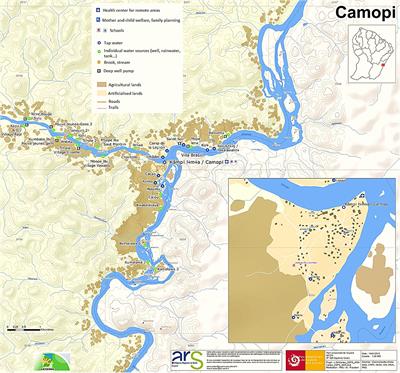EDITORIAL
Published on 09 Mar 2021
Editorial: Insights in Toxoplasma Biology and Infection—15th Biennial Meeting on Toxoplasma Biology and Toxoplasmosis

doi 10.3389/fcimb.2021.652637
- 2,013 views
16k
Total downloads
80k
Total views and downloads
EDITORIAL
Published on 09 Mar 2021

ORIGINAL RESEARCH
Published on 30 Nov 2020

REVIEW
Published on 26 Oct 2020

ORIGINAL RESEARCH
Published on 11 Sep 2020

BRIEF RESEARCH REPORT
Published on 02 Jul 2020

ORIGINAL RESEARCH
Published on 17 Jun 2020

ORIGINAL RESEARCH
Published on 16 Apr 2020

ORIGINAL RESEARCH
Published on 07 Feb 2020

METHODS
Published on 14 Jan 2020

ORIGINAL RESEARCH
Published on 04 Dec 2019

ORIGINAL RESEARCH
Published on 27 Nov 2019

ORIGINAL RESEARCH
Published on 13 Nov 2019
